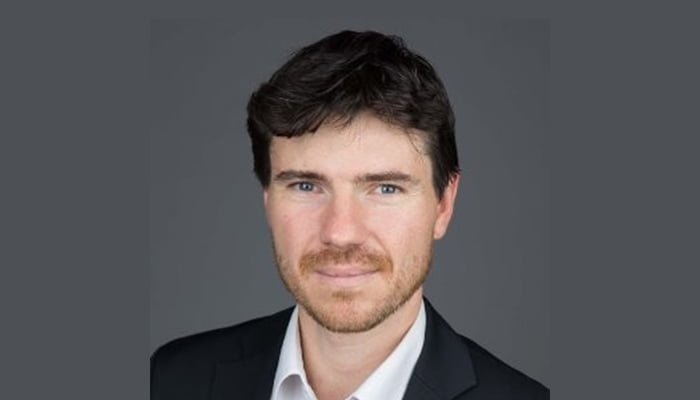Alan Dreanic : CFI supports journalists who are committed to the independance of the information
CFI, the French media development agency, whose mission is to support public and private players in the media sector (TV, radio, print and online media), whether public or private, to reinforce the modernization and democratization processes that France wishes to support in developing countries, has added several new roles to its accomplishments to adapt to the changes underway. In this interview, Alan Dréanic, the Group's Deputy Managing Director , discusses the current challenges and the actions taken by the Group.

Interview by Dounia Ben Mohamed, Paris
CFI held a special event in Paris last week. What was it about?
The agency organized the Media and Development Forum. 300 journalists and news activists from 45 countries met in Paris for a unique opportunity to share their practices, solutions, difficulties and innovations in the face of contemporary problems. For CFI, the aim was to encourage the exchange of innovations between countries, to move from virtual to real encounters, to see the impact of projects implemented on the ground and to delve deeper into the themes of media development aid. It’s also a way to show the donors of development aid projects the validity of our action and, above all, its impact. The last Forum was held 4 years ago, just before COVID. It was an invigorating and joyful time. We needed to meet again.
Could you remind us of CFI’s mission?
CFI supports journalists and members of civil society around the world who are committed to independent reporting. Its aim is to optimize the skills and content of the media to provide verified, reliable and diverse information. The Agency has placed 4 priorities at the heart of its work: combating misinformation, promoting gender equality, protecting the environment and promoting democracy and civic engagement. Every year, we train 6,000 media professionals through some fifty projects.
CFI is also active in Africa. In what form and with what objectives?
CFI works by structuring projects aimed at building or strengthening media sectors capable of acting as a democratic counterweight and contributing to the achievement of sustainable development goals on the African continent. These projects rely primarily on African expertise because we believe that the best way to contribute to Africa’s development is to mobilize Africa’s collective intelligence. This approach allows us to work closely with the media, whom we see as our partners.
We strengthen their capacity to produce their own programs, especially in African languages, but we do not interfere in the editorial content of the programs we support. In this way, they remain in control of their own development.
What are the main demands/concerns of African media/journalists?
Africa is not a uniform continent. There is a huge variety of situations and the needs of the media vary according to the context of their country or their status. The needs of a media operating in an area of armed conflict are not the same as those of a media working in a country with strong economic growth. In the same way, a community media outlet does not have the same needs as a public or commercial media outlet with a large audience. However, over the last few years, in almost all the countries in which we operate, we have seen a strong demand to combat misinformation and a growing interest in the issues surrounding climate change.
Can you give us a few examples of projects carried out on the continent and their impact?
The impact of a media support project on society is measured over a very long period, but we can already see the impact of our projects on the media themselves. We have implemented an environmental journalism project in East Africa called « Dunia », which means « the Earth » in Swahili. Most of the media that have benefited from the project have created sections to raise awareness of the challenges of climate change and to highlight the adaptation initiatives taken by authorities, businesses, communities and ordinary citizens. We are also seeing more young people participating in the public debate programs broadcast by the 48 radio stations we support through our MediaSahel project in Niger and Burkina Faso.
AI was one of the topics discussed at the forum. How is CFI helping journalists, especially African journalists, to get to grips with this technology?
CFI runs a number of projects to combat the manipulation of information on the African continent, in particular with Africa Check, one of the leading pan-African fact-checking organizations. These projects have identified a group of media that are able to adapt to the growing sophistication of disinformation. We are now helping them to acquire open source investigative techniques (OSINT) and bringing them into contact with their European counterparts so that they can pool their efforts and develop joint responses to a phenomenon that pollutes public debate to the same extent and poses the same risks to social cohesion on both continents. This Euro-African operational cooperation should also enable both sides to respond more effectively to the new challenges posed by AI.






